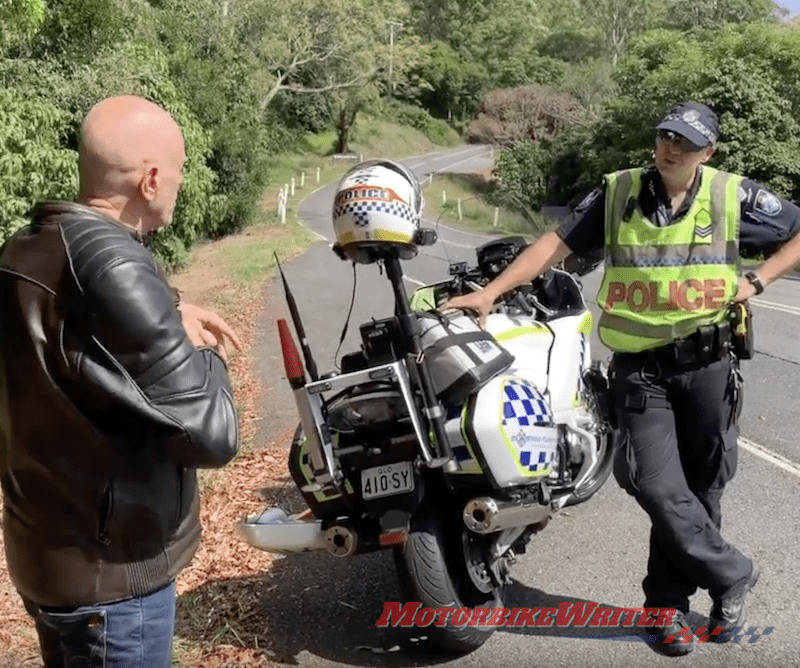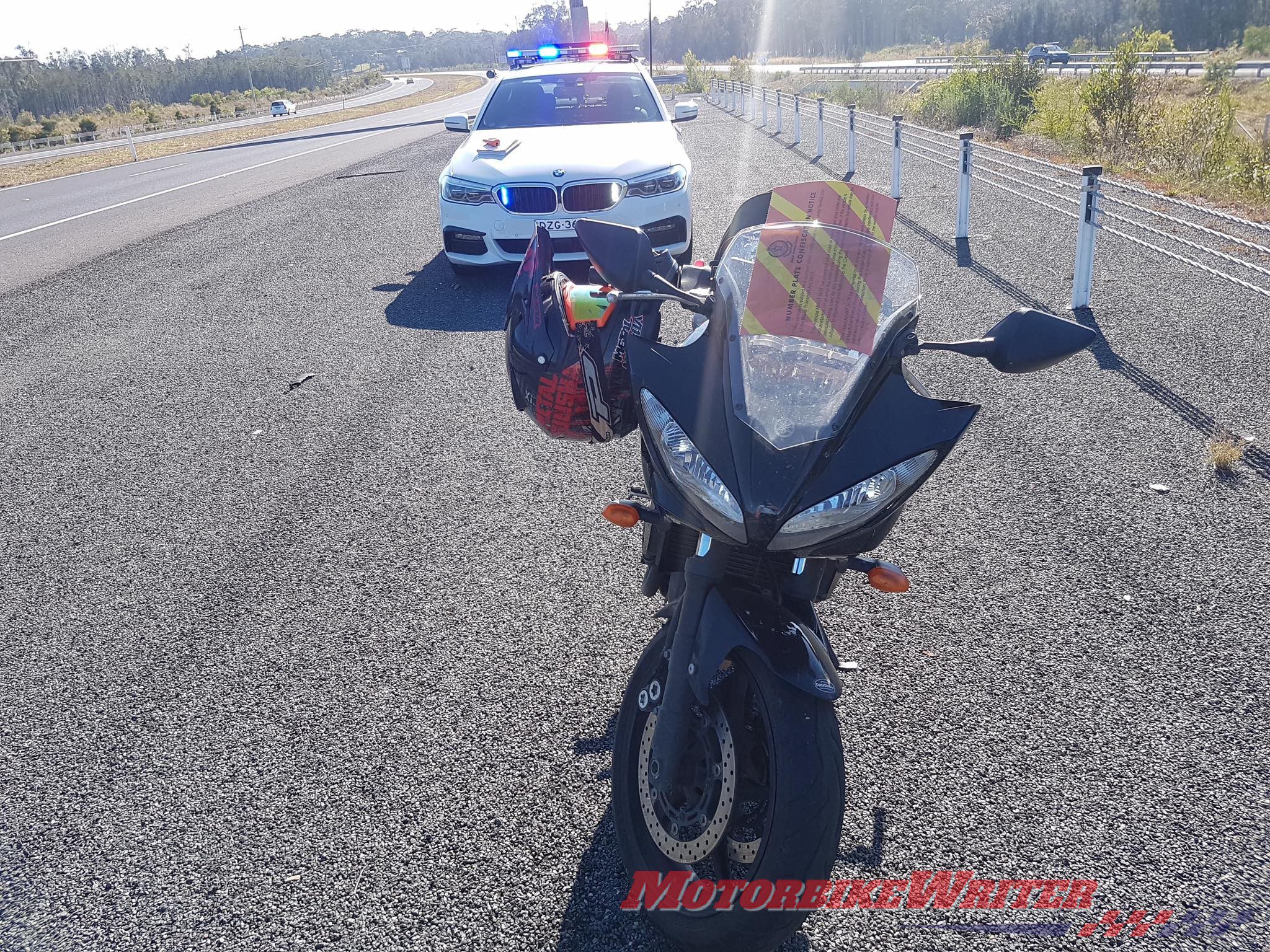With riders facing hefty fines for breaking the coronavirus Home Confinement Direction, some have suggested rona riders should reserve their rights to silence when pulled over by police.
While exercising your right to silence is usually a good idea, it might not be of much assistance here, says Brisbane lawyer Andrew Evans.
Under the law, police have the power to ask you basic questions and you’re breaking the law if you refuse to answer.
Those basic questions are:
- Your name and address;
- Date and place of your birth (in drug matters);
- Other questions regarding broken traffic laws or whether you’ve seen an accident; and
- Other questions police can ask under special laws.
“So if you refuse to say where you are going, the police cannot prove you have committed an offence,” suggests one reader.
Unfortunately where you are going is not an element of the offence; it’s leaving your place of residence and if they have found you out riding then they can make out that element regardless of what you do or don’t say.
Click here to complete our three-minute survey on attitudes to the pandemic!
Standard practice
Andrew says standard legal advice is to exercise your right to silence “because they will use anything you say against you”.
For instance, if you get pulled over speeding there is a standard series of questions police ask:
- Do you have a reason for speeding?
- Do you know why I pulled you up?
- Did you know you were speeding”
“All of them are intended to illicit a response that indicates guilt so you are always better off saying nothing,” he says.
“This is because ordinarily when you go to court it is up to the police to prove your guilt not for you to prove you are innocent.
“If you get caught speeding and you stay silent, go to court and there is an issue with the evidence so you get the radar evidence thrown out they then have nothing.
“If you don’t to give any evidence, their case fails, but if you made an admission at the time of the offence that can come back to bite you.”
Rona riders
However, rona riders should be aware the current situation under the Home Confinement Direction is “a bit different”, Andrew says.
“It makes it unlawful to leave your residence unless you meet the criteria for leaving set out in the direction,” he says.
“So if a police officer asks why you are out and you refuse to answer you are almost guaranteed to get fined because he or she will assume you have no reasonably necessary reason to leave.
“That doesn’t mean you are compelled to answer. You can refuse. But it probably increases the risk of getting a fine rather than a caution.
“So if you have a justifiable reason, like going to the shops or going to work, you should tell them as it will most likely save you having to deal with it at court later.
“If you don’t have a reason then you might be better off exercising your right to not answer and then take legal advice about any fine they issue.”
Make sure you have your legitimate reason sorted before heading out.
This morning, NSW Police stopped a 36-year-old motorcyclist on Oxford Street, Gateshead, who “allegedly provided multiple conflicting reasons for not being home before stating he was on his way to help a friend fix a bike”.
“The officers deemed his reasons for travel as non-essential and issued the man with a $1000 PIN,” police say.



